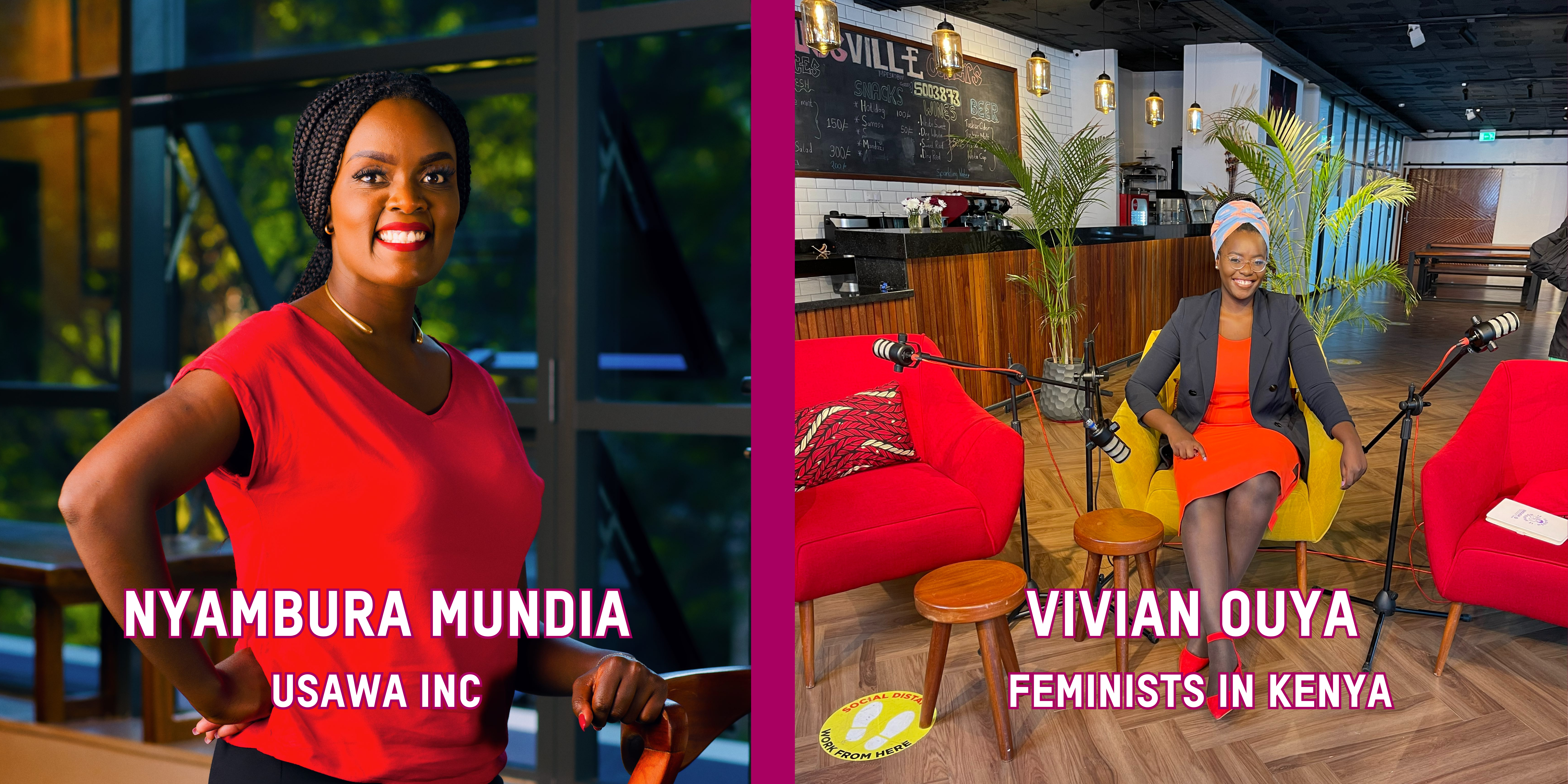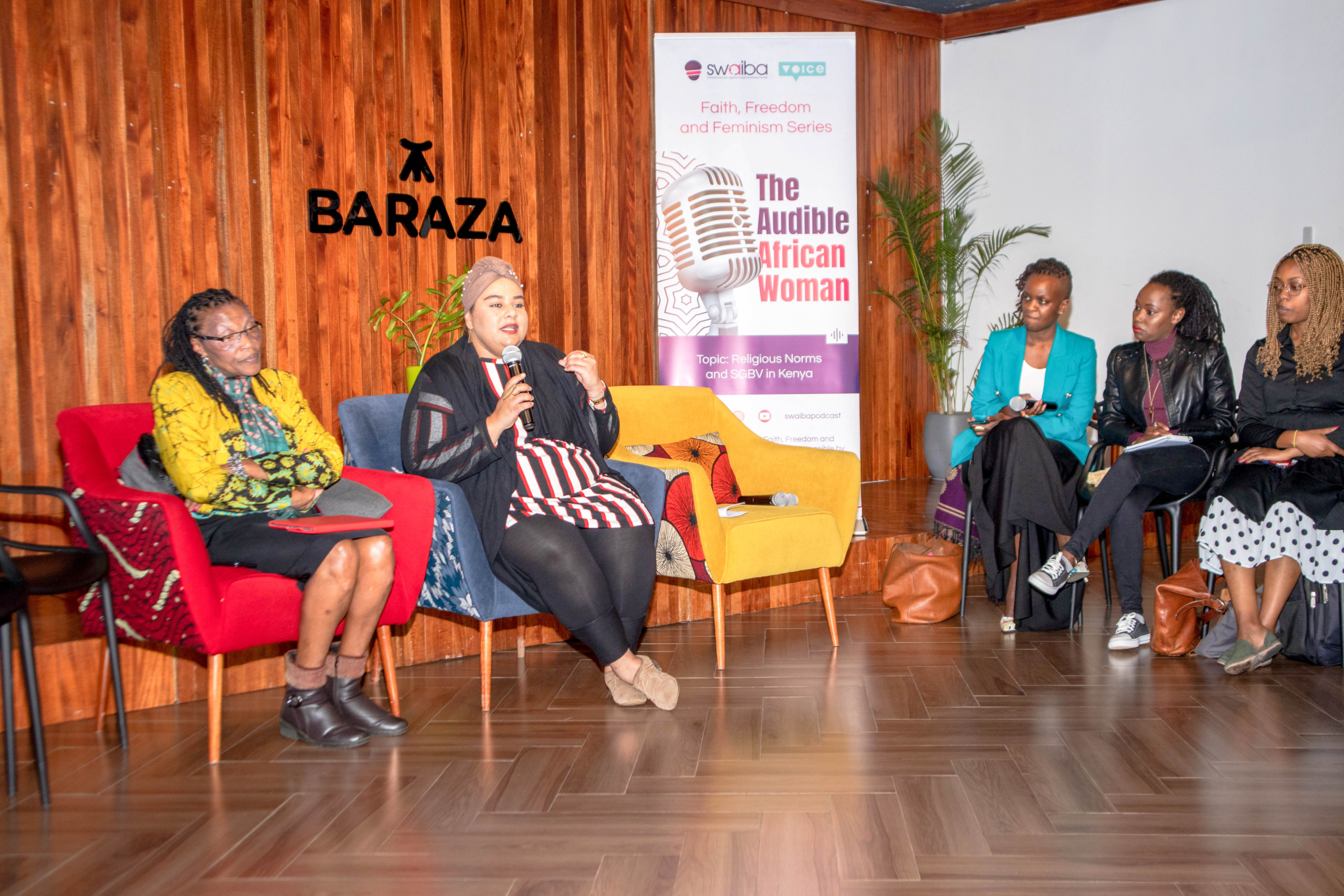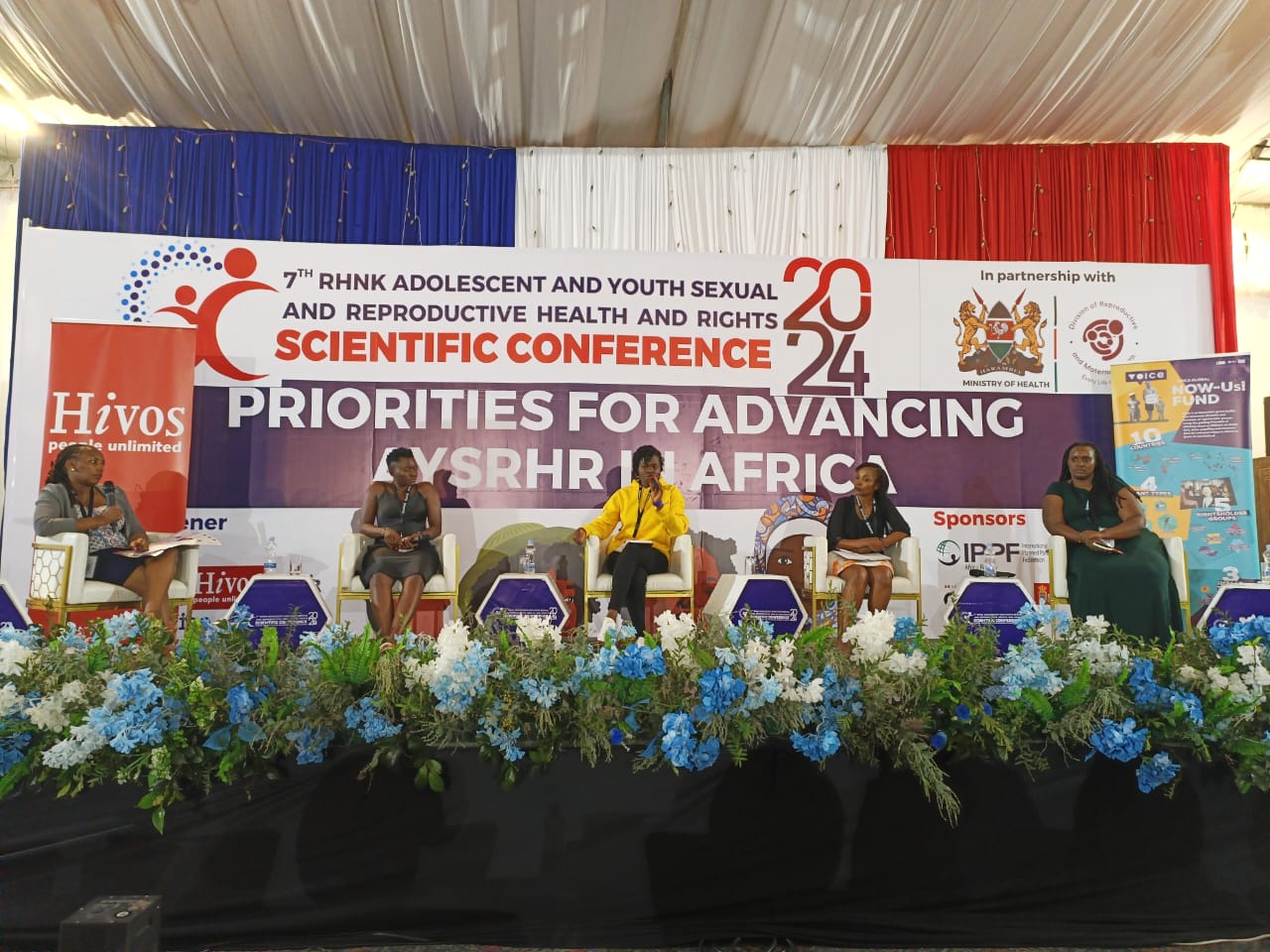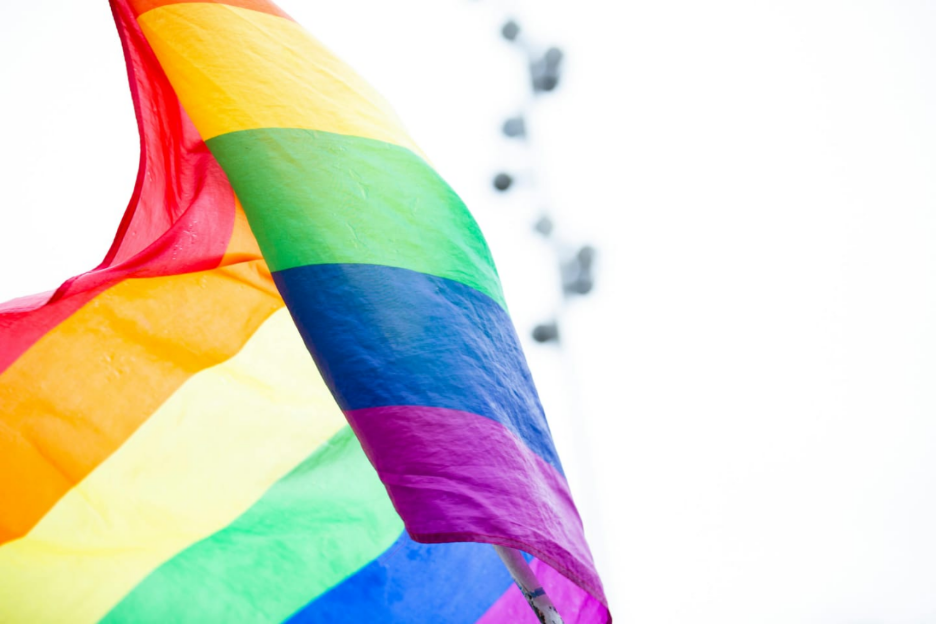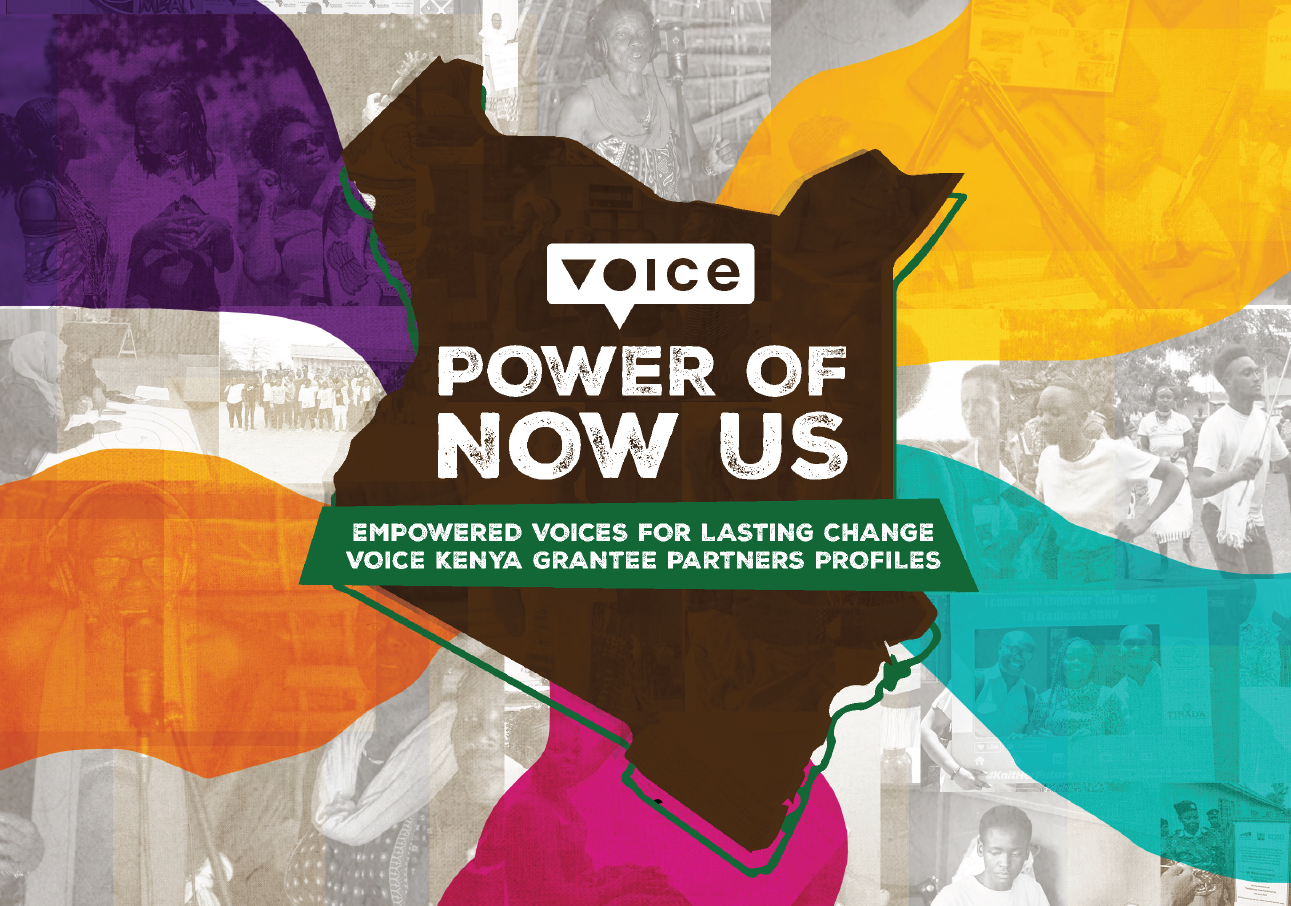Gender equity, inclusion and diversity in African media
by Nyambura Mundia, Usawa Inc
Usawa Inc is a grantee partner under the Innovate and Learn Grant, currently implementing a project titled ‘God Is Not A Man’ under the Faith, Feminism and Freedom series. The project seeks to see the transformation of social norms that fuel SGBV and political exclusion of women and Sexual and Gender Minorities (SGMs) in favour of norms that promote gender equality, tolerance of diversity and the realisation of human rights of women and SGMs in all spheres. Nyambura Mundia from Usawa Inc participated in the 1st edition of the Africa Media Festival on the 14th and 15th of February 2023 and would like to share with everyone her experience and reflection during the two-day festival.
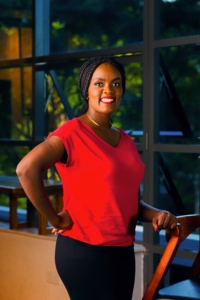
The African Media Festival was a conference that had over 1,500 delegates over the 14th and the 15th of February. It targeted investors, grantmakers, media owners, journalists and creatives. The festival was geared towards creating a community with key media s ector players to come together and debate on a collective way forward.
The festival had panels dedicated to gender mainstreaming which, in essence, tackled the persistence of gender stereotypes in media content, and the prevalence of sexist hate speech in social media, especially around leadership. One panel tackled the scarcity of counter-stereotypes and the often sensationalist media coverage of issues— such as violence against women— as issues that need to be urgently addressed.
Gender equity, inclusion, and diversity are important concepts that aim to ensure fair and equal representation of individuals of different genders, races, ethnicities, and backgrounds in various aspects of society, including the media. African media, like media worldwide, has been criticised for its lack of diversity and representation, particularly when it comes to women and other marginalised groups.
Lack of gender equity in media can fuel gendered misinformation, which is false or misleading information that is based on gender stereotypes or biases, because it can perpetuate and amplify gender stereotypes and biases. When women and other marginalised groups are underrepresented or misrepresented in media, it can create a distorted picture of their experiences, perspectives, and capabilities. For example, a study by the United Nations found that women were often portrayed as passive victims of violence in the media, which can perpetuate the myth that violence against women is inevitable and that women are powerless to stop it.[1] This type of misinformation can result in a lack of coverage or a biased presentation of issues that affect women, such as reproductive health rights and gender-based violence.
There is a gender equality dimension related to media as a profession as well as to media content. Regarding media as a profession, women are underrepresented in media ownership, information production, and in decision-making positions and this was very visible during the African Media Festival. As affirmed by how women appeared in panels, gender inequalities are even more blatant in media content: women as a group are underrepresented from both a quantitative and a qualitative perspective. Globally, women represent only about a quarter of the persons heard, read about or seen in the news. They are rarely represented in an expert capacity and some fields are still very male dominated [2] (e.g., front-page stories, politics and government, economy).
Unfortunately , there’s no similar research around gender non-conforming persons. As it is, there is an increasing hostility from African governments against gender non-conforming persons. Media can play a critical role in shifting narratives around sex minorities in Africa by providing accurate and inclusive representation of the experiences, perspectives, and challenges faced by gender non-conforming persons. Historically, the media in Africa has often portrayed gender non-conforming persons in a negative light, perpetuating stereotypes and discrimination. However, there has been a growing movement towards more inclusive and progressive representation of sex minorities in the media.
One way that the media can shift narratives around sex minorities in Africa is by curating inclusive spaces for gender non-conforming persons to tell their stories. When spaces such as the African Media Festival provide a platform for LGBTQI+ individuals to share their experiences and nuanced perspectives on issues, this will counteract the often negative portrayal of gender non-conforming persons in mainstream media.
In conclusion, gender mainstreaming as a tact towards Diversity, Equity and Inclusion (DEI) falls short as it is generated through agenda setting or as integration – meaning it offers incorporation for gender in decisions and could produce gender sensitive policy but not necessarily a reconfiguration of the politics of ownership or the agency of women and gender minorities while re-imagining media. On the other hand with a feminist lens as tact to DEI, spaces like the African Media Festival are likely to do more than integrate DEI in conversations but in actual, to rethink/reshape the media spaces towards more democratic and equitable landscapes. The Festival was a great baseline and we are looking forward to seeing how the next editions partners and anticipates diversity outcomes.
[1] chrome-extension://efaidnbmnnnibpcajpcglclefindmkaj/https://www.ohchr.org/sites/default/files/Documents/Issues/Women/WRGS/OnePagers/Gender_stereotyping.pdf
[2] chrome-extension://efaidnbmnnnibpcajpcglclefindmkaj/https://www.iwmf.org/wp-content/uploads/2020/11/2020.11.19-The-Missing-Perspectives-of-Women-in-News-FINAL-REPORT.pdf

